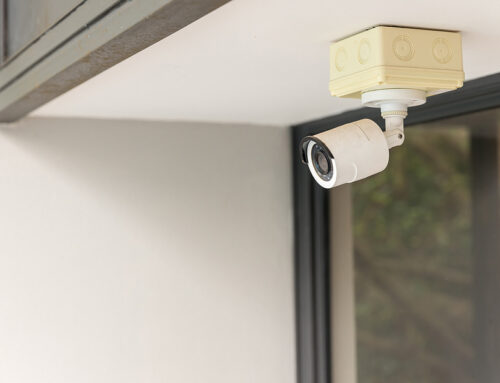One of the greatest protections in our Constitution is the right for every person to be free from unreasonable searches and seizures. This means that the police cannot search your home, your car, or your person, without a search warrant. In certain situations, police can conduct a search without a search warrant, but these searches are presumed to illegal unless there is an exception to the search warrant requirement.
If your person, home, automobile, or property was the subject of a search with or without a search warrant, you need an experienced New Jersey criminal defense attorney to protect your rights. Howard P. Lesnik, Esq., is a board-certified criminal trial by the New Jersey Supreme Court. As a certified criminal trial attorney, Howard P. Lesnik, Esq., has vast experience in defending people who have been charged with criminal offenses after a search by police in New Jersey. You need an attorney who can aggressively defend you and challenge the police any time there is an illegal and unlawful search and seizure. Do not let the police trample on your constitutional rights in New Jersey.
How Do Police Get a Search Warrant in New Jersey?

A search warrant is a legal document signed by a Judge that authorizes the police to conduct a search. In order for the police to get the search warrant, they must appear before the Judge and offer a sworn statement or affidavit with probable cause for the search. The search warrant must describe the items they police want to seize, and the police can only search the specific residence, location, or person named in the search warrant. The police can only search during the time authorized in the search warrant.
How Do I Know if the Search Warrant is Valid?
Once a Judge approves a search warrant in New Jersey, it is presumed to be valid. However, an experienced criminal defense attorney can examine the warrant to see if it can be challenged in Court. The police are not allowed to search people or places that are not named in the search warrant. A criminal defense attorney can also challenge the search warrant if the police officer lied or provided false information to the Judge when applying for the search warrant. You should always review a search warrant with an attorney before going to Court.
Can the Police Search Without a Warrant in New Jersey?
In certain situations, the police are permitted to conduct searches without a warrant. The exceptions to the search warrant requirement include:
- Exigent Circumstances: The police are allowed to conduct searches if there are exigent circumstances and there is not enough time to obtain a search warrant before a suspect destroys evidence. Why you need an attorney: Police are not allowed to create an exigency in order to then conduct a search.
- Plain View: If the police see contraband in plain view, they are allowed to seize it without a search warrant. Why you need an attorney: Everything is in plain view before you see it. The police can move objects in order to make something appear in plain view.
- Plain Smell: If police smell marijuana, they are allowed to search to investigate the source of the marijuana. Why you need an attorney: The police become blood hounds and frequently allege they smell marijuana in order to justify a search even when there is no marijuana.
- Hot Pursuit and Investigatory Stops: Police are allowed to search people in the course of investigating a suspect. Why you need an attorney: The police still need probable cause before they can pursue or investigate anyone.
- Consent: Police do not need a search warrant if you give them consent to search. Why you need an attorney: In order for the consent to be valid, it needs to be voluntary and cannot be coerced or forced by police.
- Automobile Exception: The police can search a car if they have probable cause. Why you need an attorney: The police are limited to certain areas inside of the car and cannot search bags or luggage inside the car either.
- Search incident to arrest: The police are allowed to search a person when they are arresting them. Why you need an attorney: Police are not allowed to search areas beyond the person they are arresting.
How to Challenge Illegal Searches and Seizures in NJ?
An illegal search can be challenged in Court with a motion to suppress the evidence. A criminal defense attorney can file the motion. If the police had a search warrant, the burden is on the defense to show the search warrant was defective or the police lied in the affidavit or it contained false information to the Judge. If the police did not have a search warrant, the burden is on the prosecutor to show that the search fell within one of the exceptions to the search warrant requirement. At the hearing, the defense attorney can cross-examine the police officers and detectives who conducted the search. If the Judge grants your motion to suppress, any evidence seized as a result of the unlawful and illegal search will be suppressed. This means that it cannot be used against you in court. It many cases, when evidence is suppressed, the criminal charges against you will be dismissed.
Contact My Office Immediately
I am a New Jersey criminal trial attorney board certified by the NJ Supreme Court. New Jersey’s search and seizure laws are extremely complex. Anyone who is charged with a criminal offense after a search conducted by police needs to have an experienced criminal defense attorney. If you are a family member were arrested after a search by police in New Jersey, contact me immediately so I can review your case and the evidence against you and advise you as to all possible defenses to make sure that you are properly represented. In many cases and circumstances a successful motion to suppress can lead to the dismissal of the charges against you. Please contact me now by email, by phoning 908.264.7701, or by completing the form to the right to schedule your complimentary 30-minute strategy session.







